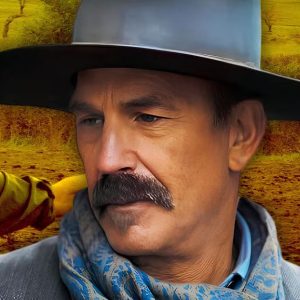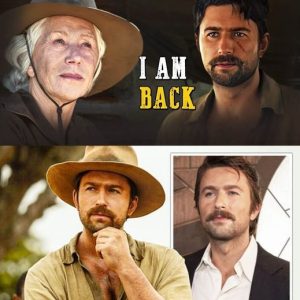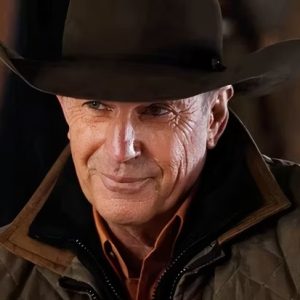34 years after his Oscar-winning epic Western, Dances With Wolves,
arrived in theaters, it’s time for audiences to accept an uncomfortable
truth about screen legend Kevin Costner’s career. An actor, writer,
and director with an impressive pedigree, Costner ranks as one of the industry’s biggest stars, having featured in multiple award-winning projects and box office successes. One of the most remarkable things about Costner’s rise has been his supposed command of all aspects of the movie-making process. However, closer inspection reveals that this particular reputation is not necessarily warranted.
Kevin Costner’s acting career began in the 1980s, where he rapidly established himself as a compelling screen presence. After a series of minor roles, he secured the lead role of Eliot Ness in The Untouchables. This preceded a number of hit releases, such as the sports movies

Field of Dreams and Bill Durham. It was this success that led to his establishment of production house Tig Productions – a venture that in turn allowed him to produce and direct Dances With Wolves. The movie’s success created Costner’s reputation as an industry polymath. However, later decades have subtly challenged this notion.
Winning a Best Director Oscar, as Costner did for Dances With Wolves, is a remarkable achievement that deserves recognition. The fact that this acclaim came with his directorial debut understandably led many to hail Costner as the next all-round movie maestro, akin to great actor-directors like Orson Welles. However, the uncomfortable truth is that a closer look at Costner’s record proves that, as a director, he has never been able to recapture Dances With Wolves’ success. In fact, as impressive as that movie is, the rest of his directorial career is both somewhat limited and underwhelming.
Despite having a reputation as a great director, Costner has only ever directed four movies. Not only that, but Dances With Wolves is by far and away the most critically and financially successful movie he has ever released. The Postman and Horizon: An American Saga – Chapter 1 were both disappointments, while Open Range (which did impress critics) made less than 20% of what Dances With Wolves made at the box office on an identical budget. All this suggests that, rather than being a demonstrably great director, Costner’s command of this particular aspect of filmmaking is perhaps less complete than many people assume.
Costner’s struggles as a director since Dances With Wolves have been confirmed by the release of Horizon. A sweeping epic Western, and personal passion project for Costner, the movie is billed as the first installment in a series of films exploring the American West over a 12-year span, pre and post-the American Civil War. The ambition involved is difficult to overstate. However, on the evidence of Chapter 1, it’s clear that the end result is far from perfect.
Despite exploring similar themes as Westerns like Dances With Wolves and Open Range, Horizon’s massive scope was criticized for being too broad, with too many distinct plot threads. As the Rotten Tomatoes critical consensus puts it:
This assessment is reflected in the film’s mixed critical response (48% positive reviews) and financial failure ($36.1 million against a $50 million budget). Costner’s central role puts any blame squarely at his door, while the movie’s supposed incoherence speaks to a production that lacked clear direction.
While Dances With Wolves augmented his status as a successful director, the real truth about Costner’s career is that he’s a much more complete actor. Not only has he starred in multiple films that have earned their place in popular culture, but he has a much more extensive resume in front of the camera than he does behind. Wyatt Earp, Robin Hood: Prince of Thieves, Tin Cup, and Man of Steel are all examples of Costner performances that have had a profound impact on the audience. He has even proven his ability to command the small screen, stealing the show in Taylor Sheridan’s hit series, Yellowstone.
Dances With Wolves proved that Kevin Costner is certainly not a bad director. In fact, there are flashes in all his movies that highlight his undeniable skill when he has full control of the project. However, given that his entire directorial CV only runs to four released films – only one of which has been an unqualified success – it seems fair to suggest that a reassessment of his career could be overdue.





